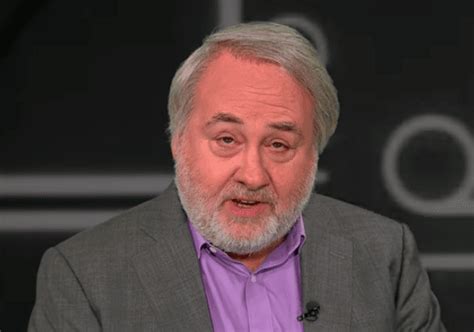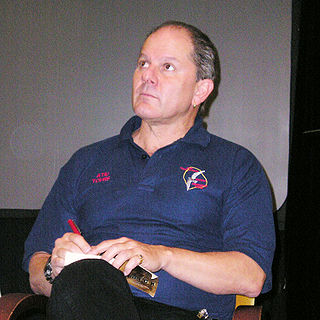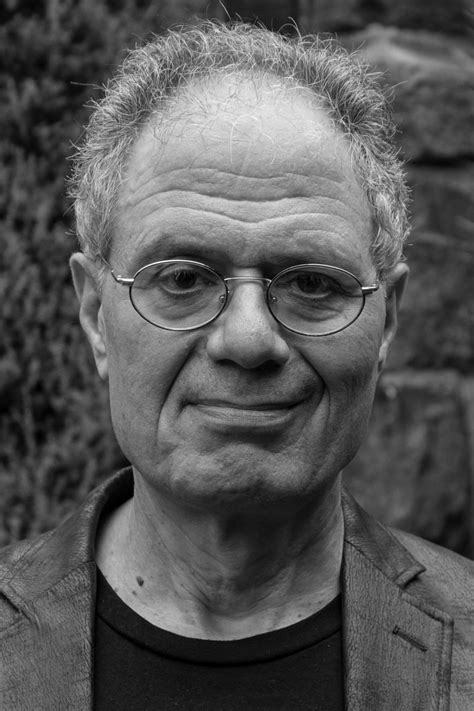A Quote by David Edelstein
The economic and technological changes are real, but I just can't bring myself to wax apocalyptic about the future of books.
Quote Topics
Related Quotes
Modernity is the ensemble of changes - intellectual, political, economic, social, cultural, technological, aesthetic - that have altered the world drastically since roughly the 17th century, until which time the world was, in the above respects, far less different from the world of any previous epoch of recorded history than it is from the world of today. The modern predicament is the set of problems these changes have bequeathed us.
You can tell a book is real when your heart beats faster. Real books make you sweat. Cry, if no one is looking. Real books help you make sense of your crazy life. Real books tell it true, don't hold back and make you stronger. But most of all, real books give you hope. Because it's not always going to be like this and books-the good ones, the ones-show you how to make it better. Now.
There's nothing you can do about the past. But, you can do a great deal about your future. You don't have to be the same person you were yesterday. You can make changes in your life -- absolutely startling changes in a fairly short time. You can make changes you can't even conceive of now, if you give yourself a chance.




































